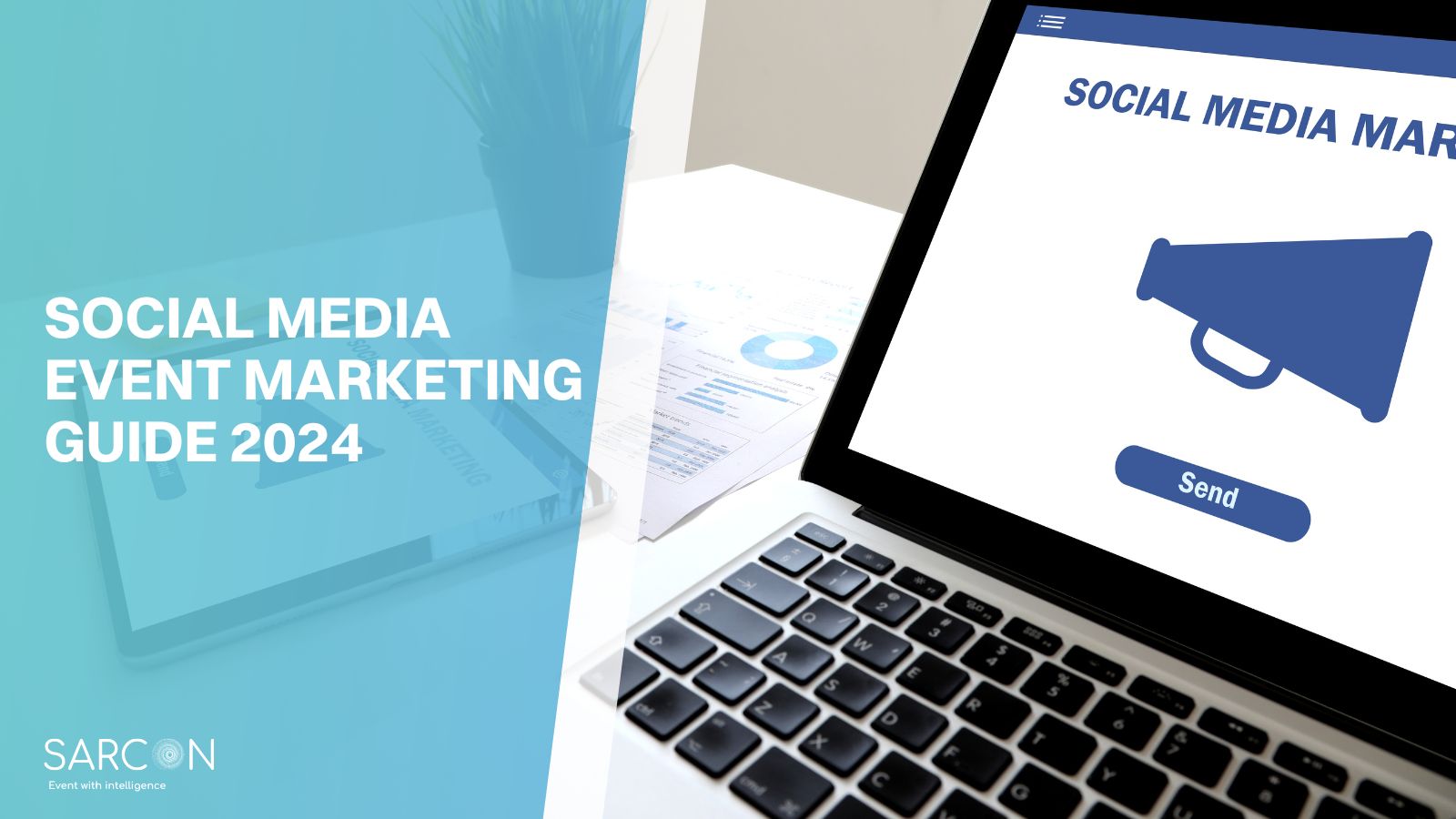Medical conferences are crucial events for healthcare professionals, researchers, and industry stakeholders to exchange knowledge, share discoveries, and network. However, organizing a successful medical conference involves more than just choosing the right speakers and securing a venue. Effective marketing is essential to ensure that your conference reaches its target audience and achieves its goals. In this article, we will explore various tips and strategies for marketing a medical conference to maximize attendance and impact.
Understanding Your Audience
Before diving into marketing strategies, it’s crucial to have a deep understanding of your target audience. Medical conferences often cater to diverse groups, including physicians, nurses, researchers, students, and industry professionals. Each of these segments may have different needs and preferences. Conduct thorough market research to identify your audience’s demographics, interests, and pain points. This information will guide your marketing efforts.
Crafting a Compelling Message
Once you understand your audience, you can create a compelling message that resonates with them. Your message should answer the following questions:
- What is the conference’s theme and purpose?
- What are the key takeaways for attendees?
- Why should healthcare professionals and researchers attend?
- How will attending the conference benefit their careers or research?
Craft a clear and concise message that communicates the value of your conference. Use this message consistently across all marketing materials and channels.
Building a Strong Online Presence
In today’s digital age, a robust online presence is vital for marketing any event, including medical conferences. Here are some online strategies to consider:
-
Conference Website:
Create a dedicated conference website that provides comprehensive information about the event. Include details about speakers, sessions, registration, and venue logistics. Incorporate responsive design to make it accessible on various devices, and optimize it for search engines (SEO) to increase visibility.
-
Social Media:
Social media platforms are powerful tools for promoting your medical conference. Establish a strong presence on platforms like Twitter, LinkedIn, and Facebook. Share regular updates, engage with your audience, and use relevant hashtags to increase discoverability. Encourage speakers and attendees to share their excitement and experiences through social media, amplifying your reach. Create and promote a conference-specific hashtag to encourage discussion and visibility.
-
Email Marketing:
Craft a targeted email marketing campaign to reach potential attendees. Create compelling email content that highlights the value of your conference, including keynote speakers, workshops, and networking opportunities. Segment your email list to personalize messages and increase engagement. Send regular updates and reminders leading up to the event.
-
Content Marketing:
Develop a content marketing strategy that includes blog posts, articles, whitepapers, and videos related to the conference topics. Share this content through your website, social media, and email newsletters to establish your conference as a trusted source of information and expertise.
Leveraging Partnerships
Collaborating with other organizations, institutions, or industry partners can significantly boost your conference’s visibility. Consider the following partnership opportunities:
-
Sponsorships:
Seek sponsorships from pharmaceutical companies, medical equipment manufacturers, or healthcare organizations. In return for financial support, offer them exposure and branding opportunities at the conference.
-
Collaborative Marketing:
Partner with medical societies, universities, or research institutions to co-promote the conference. These organizations may have established networks that can help you reach a broader audience.
Early Bird Registration and Discounts
Offer incentives for early registration to encourage early commitment from attendees. Early bird discounts, group rates, and student discounts can all attract a more diverse and engaged audience. Promote these offers through your marketing channels to create a sense of urgency.
Utilizing Online Advertising
Paid online advertising can be an effective way to reach a larger audience. Use targeted keywords and demographics to reach potential attendees who are actively searching for medical conferences or related content. Measure and adjust your ad campaigns for maximum ROI. Consider using:
-
Google Ads:
Run targeted pay-per-click (PPC) campaigns using keywords relevant to your conference. This can help your conference appear at the top of Google search results.
-
Social Media Ads:
Invest in targeted ads on social media platforms to reach a specific demographic or interest group.
Engaging Speakers and Thought Leaders
The quality of your speakers and presenters can significantly impact the success of your medical conference. Engage high-profile experts and thought leaders in the field to attract attendees. Their reputations and networks can help draw a larger audience.
-
Partner with Healthcare Organizations
Collaborate with healthcare organizations, medical societies, and academic institutions to expand your reach. These partnerships can provide access to their networks and databases, allowing you to promote your conference to a wider, relevant audience. Co-hosting events or featuring their members as speakers can also enhance credibility.
-
Engage with Speakers and Influencers
Engage with your conference speakers and healthcare influencers to tap into their existing audiences. Encourage them to share promotional content and teasers about their sessions. Their endorsement and participation can significantly boost the conference’s credibility and appeal.
Networking Opportunities
Highlight the networking opportunities your conference offers. Many attendees are keen to connect with peers and potential collaborators. Emphasize the chance to network with experts, industry professionals, and fellow attendees as a unique selling point.
Implementing a Mobile App
Consider developing a conference-specific mobile app that provides attendees with schedules, speaker information, session details, and networking features. An app can enhance the overall conference experience and keep attendees engaged and informed.
Evaluation and Feedback
After the conference, collect feedback from attendees to assess what worked and what needs improvement. Use this feedback to refine your marketing strategies for future conferences. Attendee testimonials and success stories can also be valuable for promoting future events.
Conclusion
Marketing a medical conference requires a well-thought-out plan that leverages digital channels, partnerships, and incentives to attract a diverse and engaged audience. Understanding your audience, crafting a compelling message, and building a strong online presence are essential steps. Additionally, nurturing partnerships, offering early bird discounts, and utilizing online advertising can significantly enhance your conference’s reach and impact. By implementing these strategies and continuously seeking feedback for improvement, you can ensure the success of your medical conference and contribute to the advancement of knowledge in the healthcare field.
FAQs
Q: What is the significance of early bird discounts?
Early bird discounts offer attendees a cost-saving incentive to register for the conference in advance. They create a sense of urgency and encourage early commitments.
Q: Why is it important to partner with influencers?
Influencers bring credibility and a wider reach to your conference promotion. Their endorsement can attract a larger audience and boost attendance.
Q: How can I make my conference more accessible?
Offer virtual attendance options to accommodate those who can’t attend in person. This ensures inclusivity and expands your potential audience.
Q: What types of content should I create for conference promotion?
Create a variety of content, including blog posts, videos, infographics, and podcasts. Diversifying your content helps you reach a broader audience.



